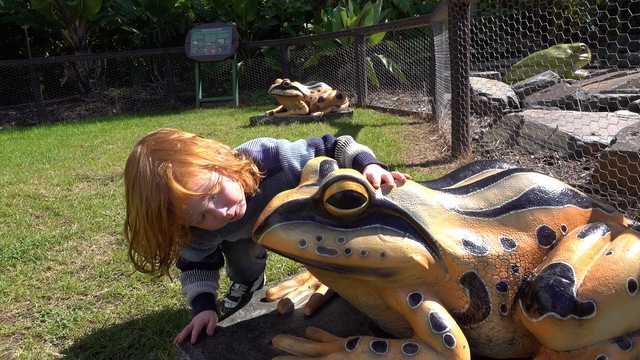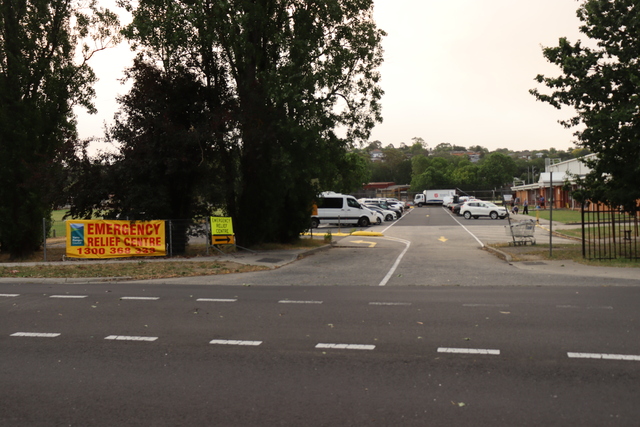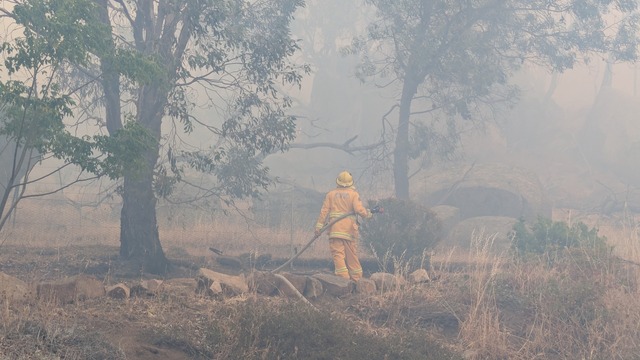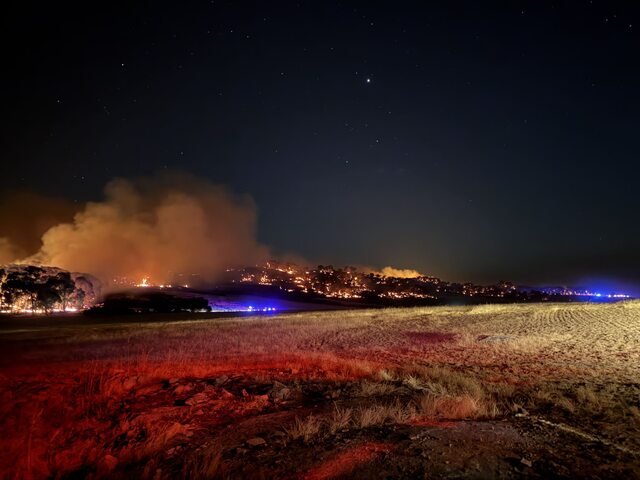Airbnb owners and users face a double tax whammy in Victoria after the state government backflipped on a key promise.
The Labor government on Tuesday introduced a long-awaited bill to parliament to impose a 7.5 per cent user-pays levy on short-stay platforms such as Airbnb and Stayz.
The Australian-first levy was one of the centrepiece policies of the Victorian housing statement, unveiled in September 2023.
Then-premier Daniel Andrews flagged it would replace local government fees, including a $300 annual charge set by the Bass Coast Shire Council.
“We think it’s only fair that those platforms, whether it’s Stayz or Airbnb, have one framework to comply with, not one for every local government area across the state,” he said at the time.
“So we will essentially extinguish local governments’ ability to charge fees.”
But under the legislation introduced on Tuesday, owners who list a property with short-stay platforms could still be on the hook for additional charges from local councils.
“Only four councils in the state have gone down this path,” Treasurer Tim Pallas told reporters at parliament on Tuesday.
“What we are proposing makes no changes to the existing arrangements that councils had with regard to charging.”
Councils will be able to cap the number of short-stay properties in their area and total days a property can be listed.
The government has opted to exempt those leasing out part or all of their principal place of residence for short-stays.
Owner corporations will be allowed to ban short-stays in their buildings with a 75 per cent vote and the levy will only apply to stays of fewer than 28 days.
Hotels, motels and caravan parks are exempt from the levy, which will apply to bookings made from 1 January 2025.
Airbnb said the government had contradicted its pledge to create one simple framework.
“This will undermine the economic benefits that flow from short-term rentals,” the Australian and New Zealand company’s head of public policy Michael Crosby said.
Stayz’ senior director of government and corporate affairs Eacham Curry said short-term rental accommodation was not the cause or solution to housing pressures.
“These changes will undermine the original purpose of the levy; to raise money for social housing initiatives, and risks creating bureaucratic complexity that will drive away tourism dollars,” he said.
Victoria Tourism Industry Council chief executive Felicia Mariani said the sector had been left in a “terribly exposed position”.
“Local councils have been given a green light to slap an additional tax on top of what is already in place, meaning this could end up being a 15 or 20 per cent tax in reality, or more,” she said.
There are about 63,000 short-stay accommodation places in Victoria, with almost 50,000 of those from entire homes.
Victorian Opposition Leader John Pesutto said the levy would do nothing to improve housing affordability after Mr Pallas could not say how many short-stay homes would move into the permanent rental market.
The Tasmanian government has promised to introduce a five per cent levy for users of short-stay accommodation, while NSW is considering a rental booking surcharge.
Parts of Sydney, the Clarence Valley, Muswellbrook and Ballina impose a 180-day limit on properties used for non-hosted short-term stays.







